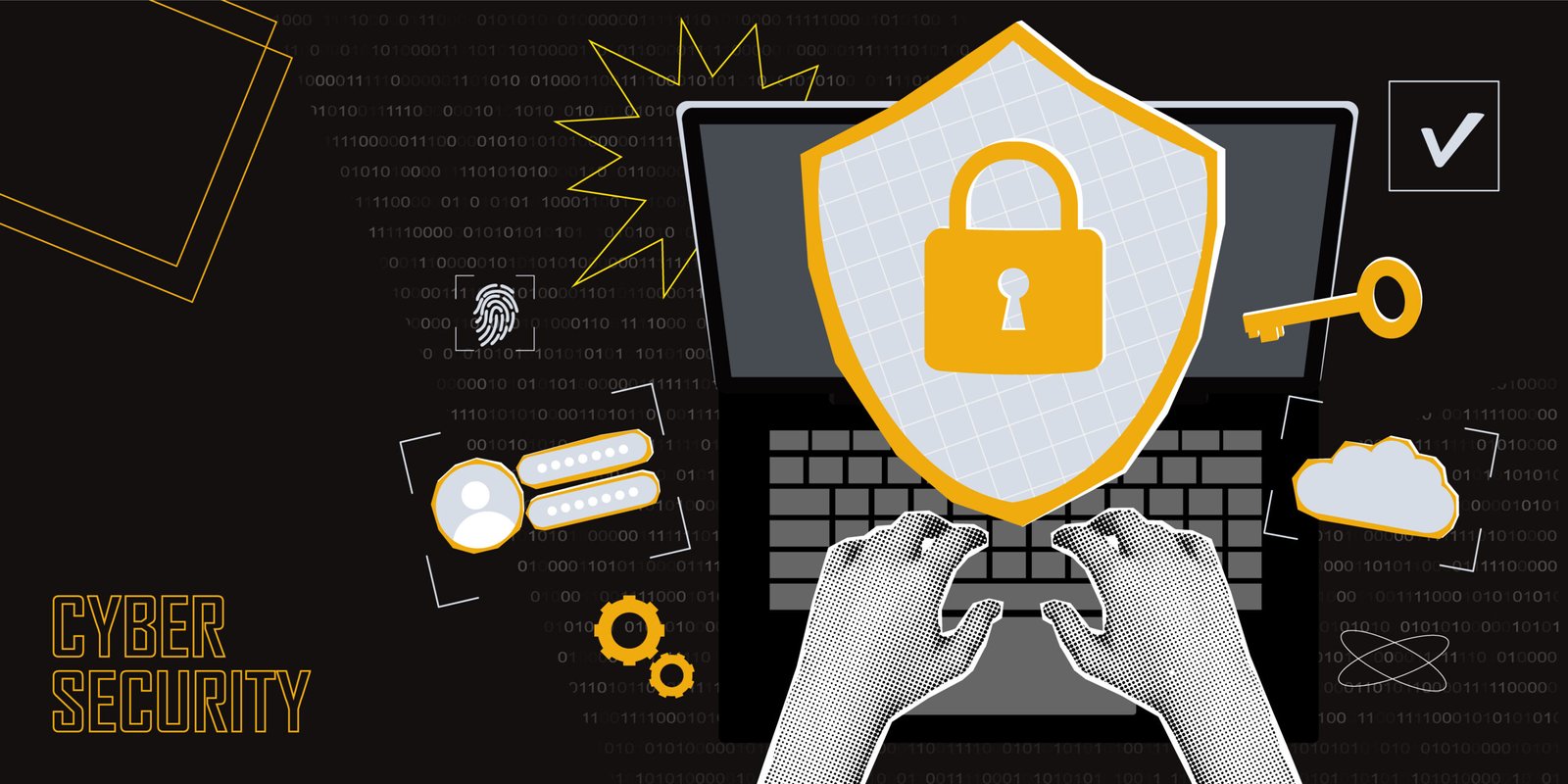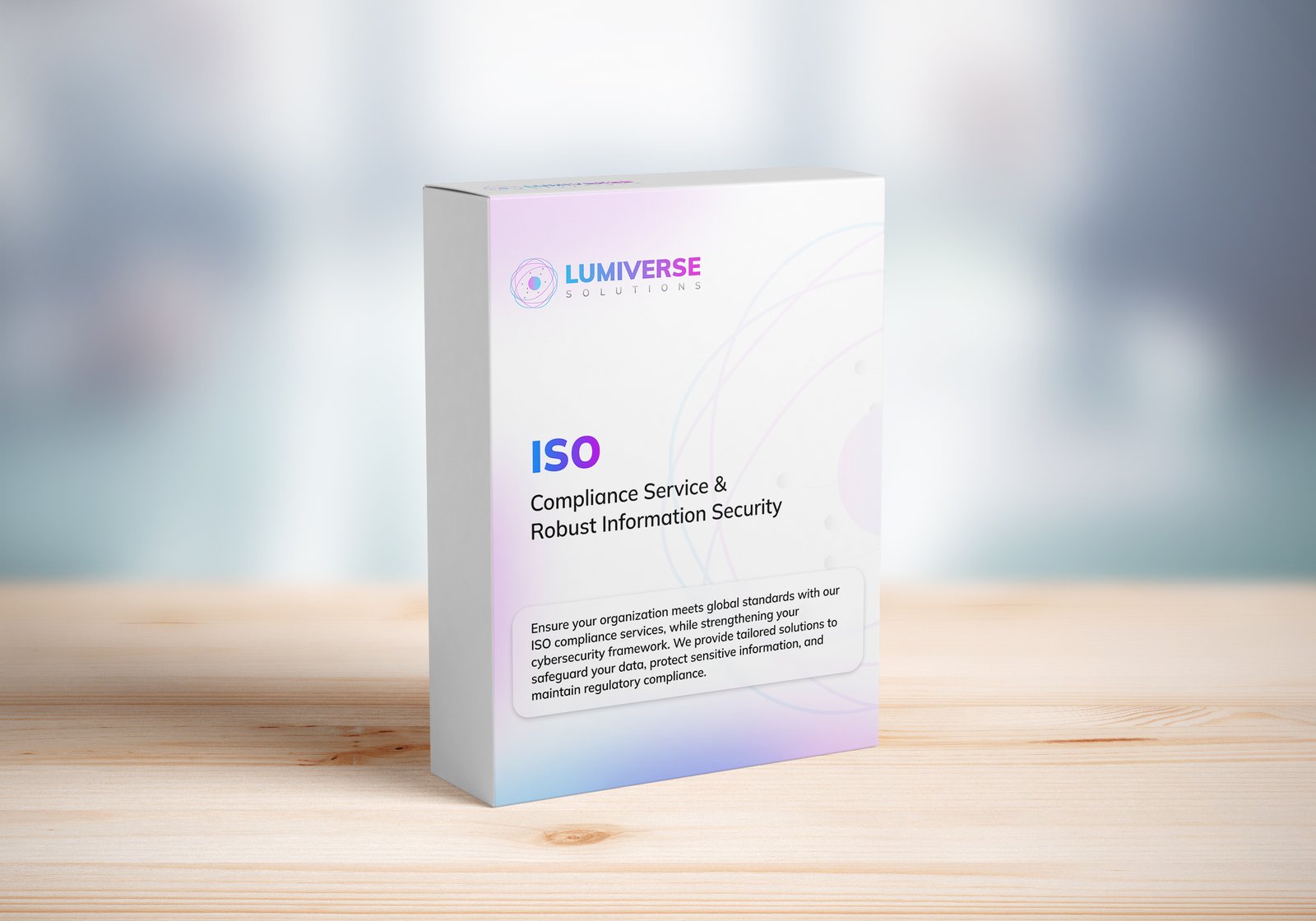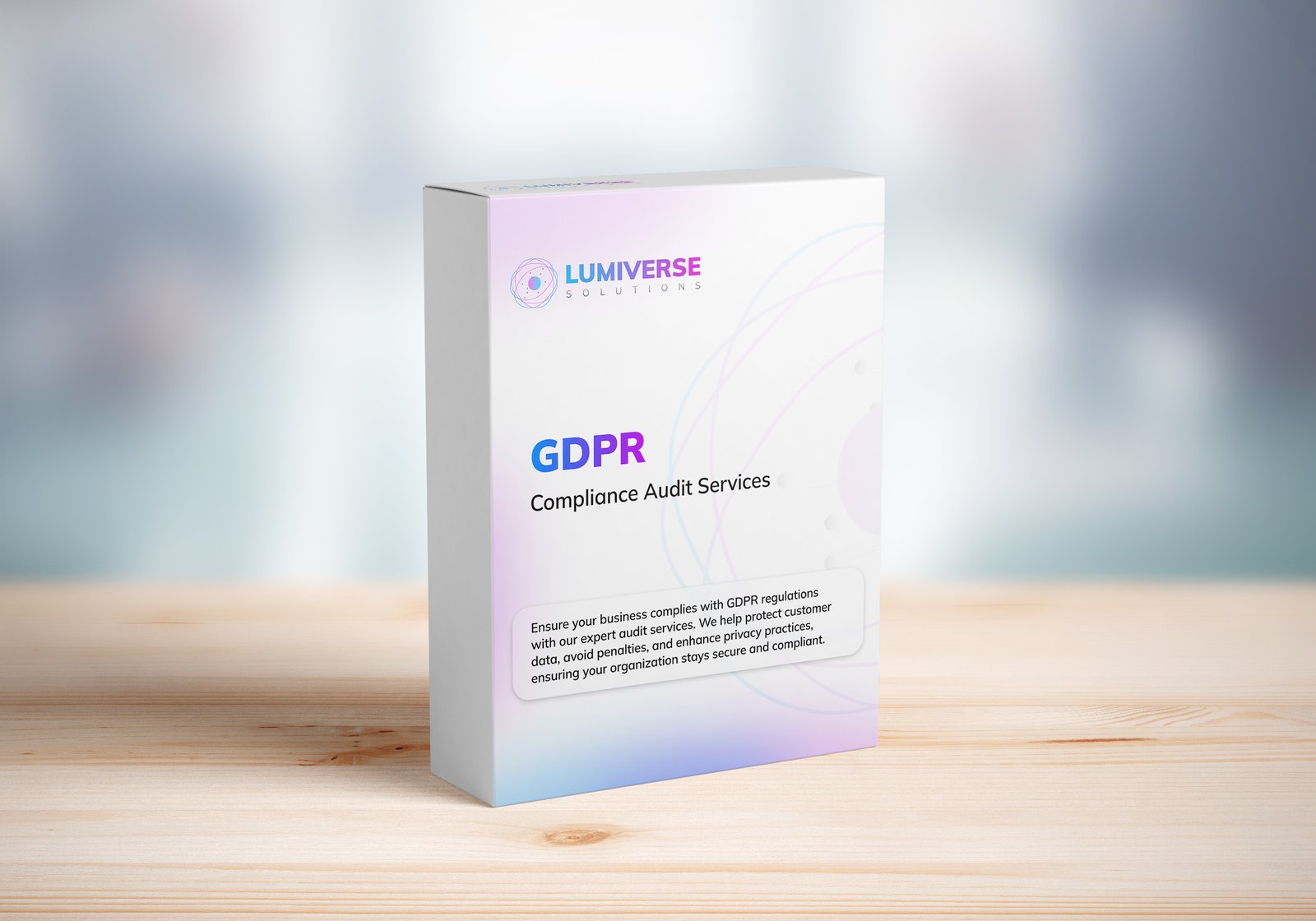Strong Passwords & Password Managers Why You Need Them

INTRODUCTION
As the age of technology rises, it’s never been so crucial to guard online accounts. As the prevalence of cyberattacks increases, well-protected passwords are the means of protection for keeping trespassers out of a person’s world of bytes and bits. Passwords that are weak or being reused render the process more susceptible to hackers just taking their pound of flesh without much difficulty. Strong passwords and password managers consequently become instrumental as far as maintaining effective protection for the web goes.
This article will outline the importance of having good passwords, how they are created, the risks involved with weak passwords, the benefits of using a password manager, and other safety features to increase protection even further.
The Importance of Strong Passwords
A good password is a protective shield against cybercriminals trying to access business and personal accounts. With an increase in data breaches and hacking incidents, the use of good passwords can significantly reduce the risk of illegal entry.
Characteristics of a Good Password
A good password should have the following characteristics:
Minimum of 12-16 characters long
Mix of uppercase and lowercase letters
Has numbers and special characters
Does not employ typical words or readily guessable patterns (e.g., “password123” or “admin”)
Unique to each account
Does not include personal information like names or birthdays
Strong passwords make it difficult for attackers to crack them with brute force or dictionary attacks.
Weak Password Risks
Weak passwords pose serious security risks, including:
Increased risk of brute-force attacks
Increased risk of credential stuffing if the password is reused
Compromise in data breaches, exposing personal data to risk
Phishing attacks to utilize easily guessed passwords
Malware infections sniffing weak passwords that are not securely stored
Using strong passwords puts these risks off the table from the very start, and so enhances security tremendously.

Why You Should Never Reuse Passwords
Password reuse is an easy bad practice that highly puts data breaches at risk. Sharing a single password for several applications means that compromising one site breaches several accounts. That is the reason why, in order for passwords to be strong, each account must use a different one.
For example, when a login credential is stolen by a hacker from a compromised social network account and the same password is used for banking or email accounts, the intruder gains unauthorized access to several websites.
Real-Life Incidents of Password Break-In
There have been several high-profile data breaches due to weak or identical passwords. Some such high-profile incidents are:
Yahoo Data Breach (2013-2014): Over 3 billion accounts impacted due to weak security measures.
LinkedIn Hack (2012): 165 million passwords stolen and used to perform mass account takeovers.
Facebook User Data Leak (2019): 540 million plaintext records leaked, putting users at risk of harm.
These attacks highlight the importance of having strong passwords and frequently changing them.
The Role of Password Managers in Having Strong Passwords
Since it is challenging to come up with and remember strong passwords for multiple accounts, password managers simplify this by keeping login credentials safe and auto-filling them.
Benefits of a Password Manager
Generates and saves secure passwords: Password managers create secure, security-compliant passwords.
Eliminates password duplication: Password duplication is eliminated using weak, similar passwords.
Encrypted storage: Password managers save passwords in an encrypted vault.
Autofill feature: Reduces the risk of keyloggers capturing passwords.

Multi-device support: Facilitates access to stored credentials on multiple devices.
Compromised password notifications: Some password managers notify users if their passwords have been compromised in a breach.
Backup and recovery options: Allows users to recover lost or forgotten passwords securely.
Secure password sharing: Some password managers provide secure sharing of passwords with trusted contacts.
Effective password management software like 1Password, LastPass, Dashlane, and Bitwarden offers robust security features that allow users to effectively use strong passwords.
Best Practices for Strong Password Creation and Management
For additional security, use the following best practices in creating and managing strong passwords:
Use a passphrase method: Use random words or a sentence to generate a complex but easy-to-remember password.
Allow two-factor authentication (2FA): The addition of another layer of protection makes the account more secure from unauthorized users.
Update passwords: Update strong passwords from time to time, particularly for key accounts.
Steer clear of phishing attacks: Never give away passwords through an email or a questionable source.
Secure your master password: In the case of using a password manager, set the master password really secure.

Use biometric authentication: Face recognition or fingerprint verification can give another layer of protection.
Don’t store passwords in browsers: Storage of passwords in browsers is dangerous to cyber-attacks.
Monitor for security breaches: Use sites such as Have I Been Pwned to check if your credentials are breached.
Enable login attempt notifications: Some websites provide notifications on failed login attempts, so the user can feel unauthorized access.
Use different passwords for bank accounts: All finance and banking accounts should be assigned strong and very different passwords to prevent fraudulent transactions.
Additional Security Features to Strengthen Protection Online
Multi-Factor Authentication (MFA)
MFA requires users to provide two or more verification factors, such as a password and a fingerprint or an app code, for authentication. This reduces unauthorized access significantly even if a password is compromised.
Using Hardware Security Keys
Hardware authentication keys such as YubiKey provide physical verification to access accounts, making it very hard for attackers to access without the key.
Implementing Account Lockouts
Most applications come with account lockout capabilities that temporarily lock out accounts on repeated unsuccessful login attempts to prevent brute-force attacks.
Not Using Public Wi-Fi to Log In
Logging in with public Wi-Fi networks exposes credentials to MITM attacks. Never log in via a VPN when accessing private information on public networks.
Learning About Cybersecurity Threats
Knowledge of existing cyber threats and security practices educates users about the potential risks and allows them to respond accordingly to protect their accounts.

Conclusion
Since cyber threats are constantly evolving, the application of secure passwords and an effective password manager is critical to protecting personal and business information. Weak passwords subject individuals to identity theft, financial scams, and hacking. Application of strong passwords, non-repetition of passwords, and password managers can enable individuals to notably enhance online security.
In addition, the inclusion of multi-factor authentication, the use of hardware security keys, and monitoring for security breaches contributes to online security.
Make a conscious effort to design good passwords today and take control of your digital security!
Disclaimer
Information presented in this article is intended to be for educational and information purposes only. While every care has been exercised to ensure reliability and accuracy, the nature of cyber threats constantly changes and no control over security can provide total assurance. Users should exercise good common sense and be aware of best-practice current security protocols.
The password manager and secure password guidelines are on common security best practices, yet circumstances can be different. End-users should look into it separately and seek input from cybersecurity experts if they need customized security measures.
Moreover, citing third-party password managers like 1Password, LastPass, Dashlane, and Bitwarden isn’t an advocacy or assurance of security. End-users should ensure any password manager utilized is well-known.
Neither the publisher nor the author is responsible for any financial loss, data compromise, or data breach due to the use of the advice in this article. The readers are advised to use it at their own risk and be responsible for their own digital security.
Recent Posts
Categories
- Cyber Security
- Security Operations Center
- Cloud Security
- Case Study
- Technology Trends
Vulnerability Assessment & Penetration Testing (VAPT)
Buy our VAPT services to identify vulnerabilities, simulate real-world attacks, and strengthen your systems against cyber threats effectively.

iso compliance service
Buy our ISO Compliance services to streamline processes, ensure security, meet global standards, and maintain industry certifications with ease.

SOC 2 Compliance Audit
Ensure your business meets security, privacy, and compliance standards with our SOC 2 Compliance Audit services. Protect data, build trust, and stay secure. Buy our services today!

GDPR Compliance Audit Services
Ensure your organization meets GDPR standards with our expert compliance audit services. Protect data, avoid penalties, and enhance privacy practices. Buy our services today to stay secure and compliant!

Subscribe to our Research
Enter your email address to subscribe to Lumiverse Research and receive notifications of new posts by email.
Tell Us Your Opinion
We value your perspective! Share your thoughts, feedback, or questions below. Your opinion matters and helps create a richer, more engaging conversation. Let’s connect and hear what you think about this post!

